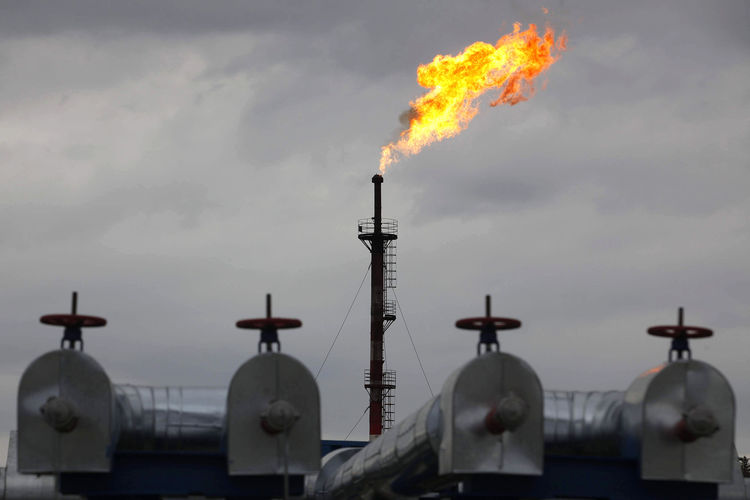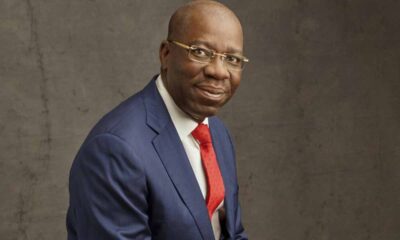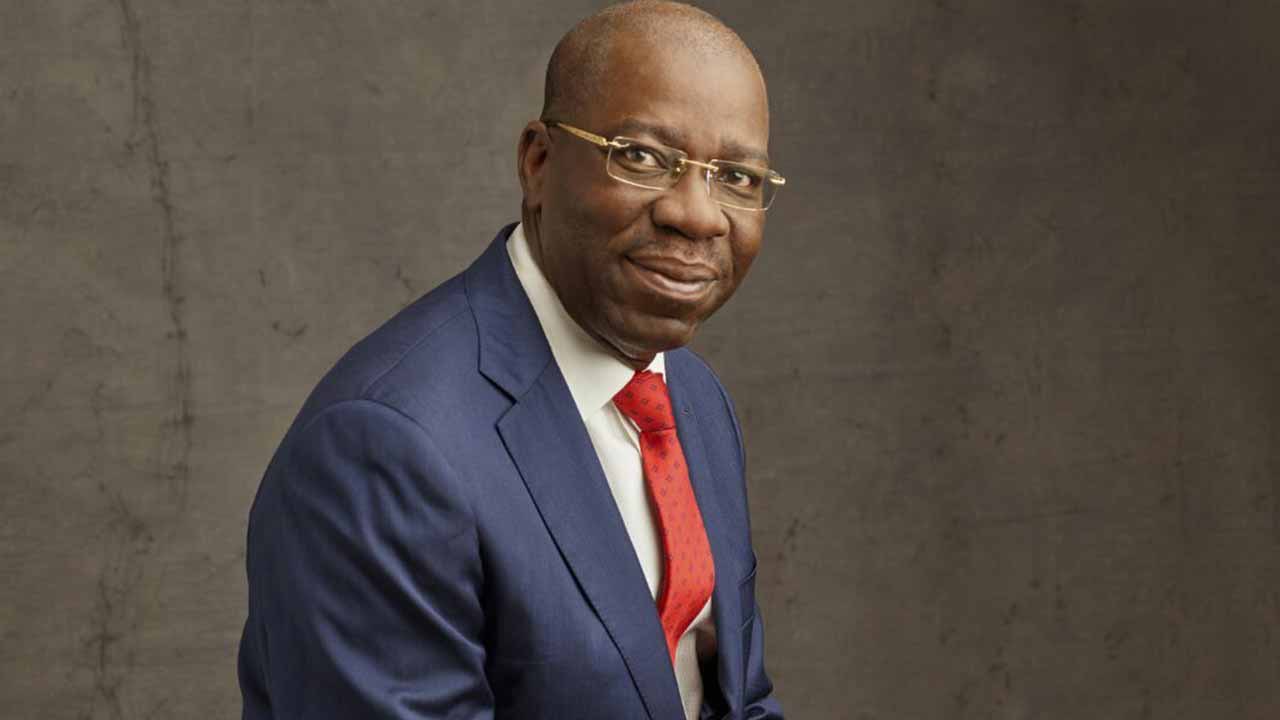The federal government has sanctioned a significant pay increase ranging between 25 and 35 percent, effective from January 1, 2024.
The announcement, made on the eve of May Day, also known as Labour Day, showed government acknowledgment of the contributions and welfare of the nation’s workforce.
The decision comes amidst the culmination of the deliberations of the 37-member tripartite committee on national minimum wage, led by former Head of Civil Service of the Federation, Bukar Goni Aji.
Launched in January, the committee’s report is set to be submitted shortly, addressing critical concerns regarding wage structures and standards.
According to Emmanuel Njoku, Head of Press at the National Salaries, Incomes, and Wages Commission (NSIWC), the pay increments extend across various consolidated salary structures, encompassing entities such as the Consolidated Public Service Salary Structure (CONPSS), Consolidated Research and Allied Institutions Salary Structure (CONRAISS), and others.
The federal government has also approved commensurate pension increases, ranging from 20 to 28 percent, for pensioners enrolled in the Defined Benefits Scheme within these structures.
While the news of the wage hike has been met with anticipation and optimism by some, the Nigeria Labour Congress (NLC) has expressed skepticism, dismissing the move as inconsequential.
Chris Onyeka, Assistant General Secretary of the NLC, rebuffed the announcement, stating that the commission lacks the authority to dictate national minimum wage rates.
Onyeka emphasized the need for substantive actions that truly address the concerns of civil servants and the working class.
Despite the NLC’s reservations, the wage increase marks a significant development for government workers grappling with the economic challenges exacerbated by inflation and rising living costs.
The approval signifies the government’s recognition of the imperative to provide adequate remuneration to sustain the livelihoods of its workforce.
In response to inquiries regarding the timing of the announcement, Njoku clarified that there is no wrong time to implement policies beneficial to workers.
He assured that the government would promptly disburse the arrears owed to employees from January onwards.
However, behind the scenes, speculation persists regarding the motives driving the government’s swift action.
Sources within senior government circles hinted that the announcement was preemptive, aimed at forestalling potential unrest during the May Day celebrations.
Concerns over the prospect of organized labor protests prompted government officials to expedite the wage increase, averting potential clashes or disruptions.
In light of these developments, the onus lies on the government to engage constructively with stakeholders to address the broader issues confronting the workforce.
As civil servants welcome the prospect of improved remuneration, the nation awaits further initiatives to enhance the welfare and prosperity of its labor force, underscoring the significance of sustained dialogue and collaboration between the government and labor unions.

 Naira4 weeks ago
Naira4 weeks ago


 Naira4 weeks ago
Naira4 weeks ago




 Naira4 weeks ago
Naira4 weeks ago




 Naira3 weeks ago
Naira3 weeks ago
 Commodities4 weeks ago
Commodities4 weeks ago


 News4 weeks ago
News4 weeks ago
 Travel4 weeks ago
Travel4 weeks ago




 Naira3 weeks ago
Naira3 weeks ago





















